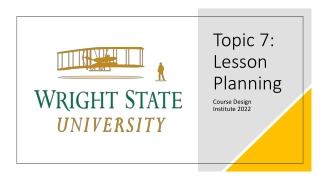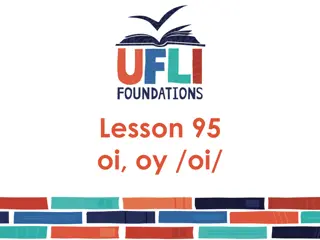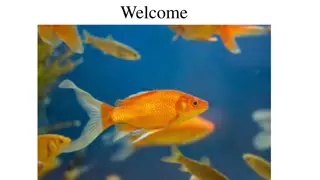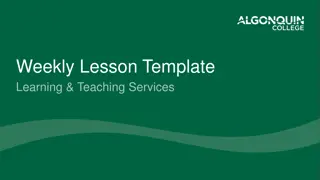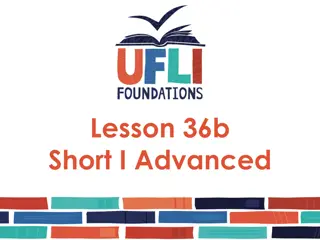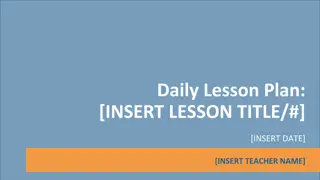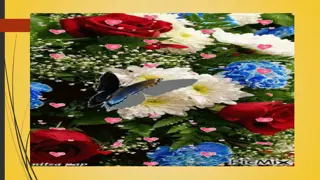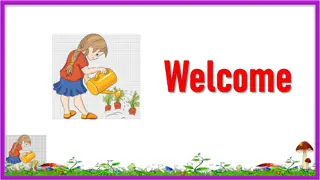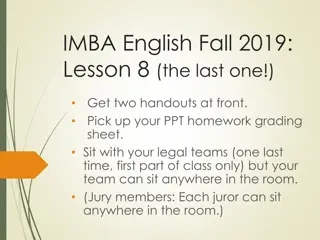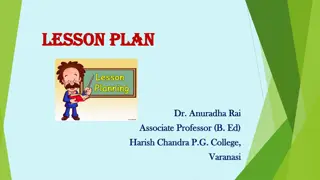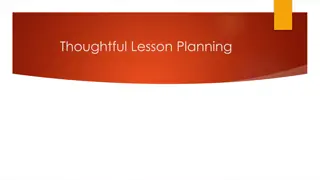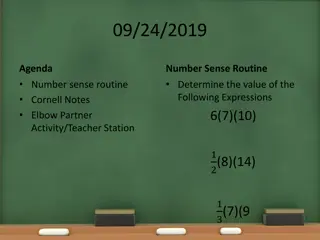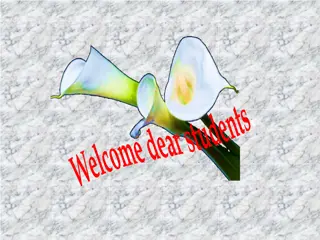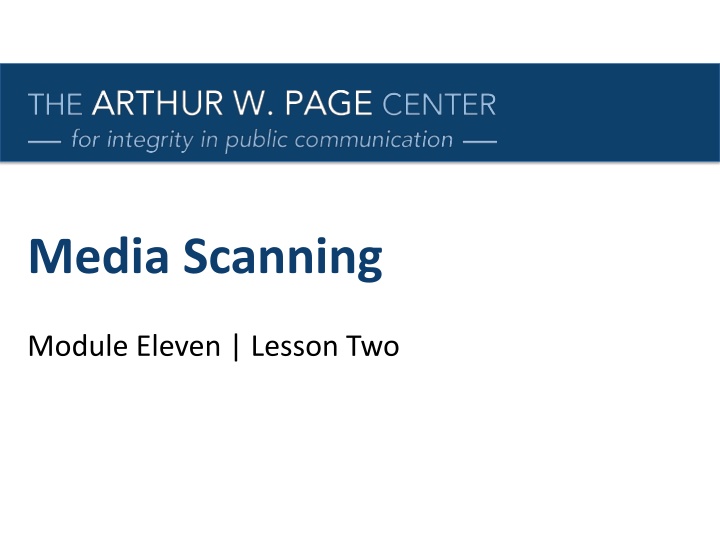
Strategic Media Scanning for Ethical Public Relations
Explore the importance of environmental scanning, ethical conscience, and issue anticipation in the context of public relations. Understand how to develop an effective environmental scanning program and provide ethical counsel to management. Learn to shape media coverage and uphold ethical standards in communication practices.
Download Presentation

Please find below an Image/Link to download the presentation.
The content on the website is provided AS IS for your information and personal use only. It may not be sold, licensed, or shared on other websites without obtaining consent from the author. If you encounter any issues during the download, it is possible that the publisher has removed the file from their server.
You are allowed to download the files provided on this website for personal or commercial use, subject to the condition that they are used lawfully. All files are the property of their respective owners.
The content on the website is provided AS IS for your information and personal use only. It may not be sold, licensed, or shared on other websites without obtaining consent from the author.
E N D
Presentation Transcript
Media Scanning Module Eleven | Lesson Two
Lesson Two Lesson Overview 1. Environmental scanning 2. Ethical conscience 3. Learning to anticipate and identify issues Todays stories. Tomorrow s Context. Setting the record straight
Lesson Two 1. Environmental Scanning One of our most important roles: Researching / evaluating public discourse about your organization, your industry, your peers, partners, and competitors Variety of tools: social media, on-site observation, informal conversations, online discussion, and of course news media coverage. Our task? To see the whole elephant
Lesson Two Discussion Questions Environmental scanning is a formal and informal process. If you were going to develop an environmental scanning program for the public relations office specifically at your university, what would that program comprise?
Lesson Two 2. Ethical Conscience Effectively scanning our environment helps us provide ethical counsel to management. So, as we read news, we must think Long-term: Decisions that might bring short-term gains might sacrifice long-term success. Holistically: How does one decision affect all stakeholders and publics we must manage for tomorrow.
Lesson Two 3. Learning to anticipate and identify issues 3.a When working with the media, we must anticipate that today s stories become tomorrow s context ( and that yesterday s stories are today s context). Doing so should shape how we approach our news and counsel management Sometimes this counsel might be tough for management to hear
Lesson Two Discussion Questions What is meant by today s stories become tomorrow s context? Can you think of an example where recent news about a major company might shape media coverage of that company for the foreseeable future? What are some instances in which you have an ethical responsibility to set the record straight ?
Lesson Two 3. Learning to anticipate and identify issues 3.b We also have an ethical responsibility to set the record straight if media coverage is inappropriate. This can happen in a variety of ways: Inappropriate terminology Inappropriate or factually incorrect content False equivalencies in spokespersons (or inappropriate spokespsersons
Lesson Two Takeaway? Understanding the principles of Media Framing analysis helps us learn to anticipate issues, identify issues, and address those issues ethically. Why? All organizations exist with the public s permission. We must demonstrate that we are deserving of that permission. Therefore, we must understand how- through media we are being portrayed, and if there are issues that need attention. Are we out of touch? Are there questions that the public needs answered? Are we conveying our news accurately? And how has our past influenced today s reputation?


